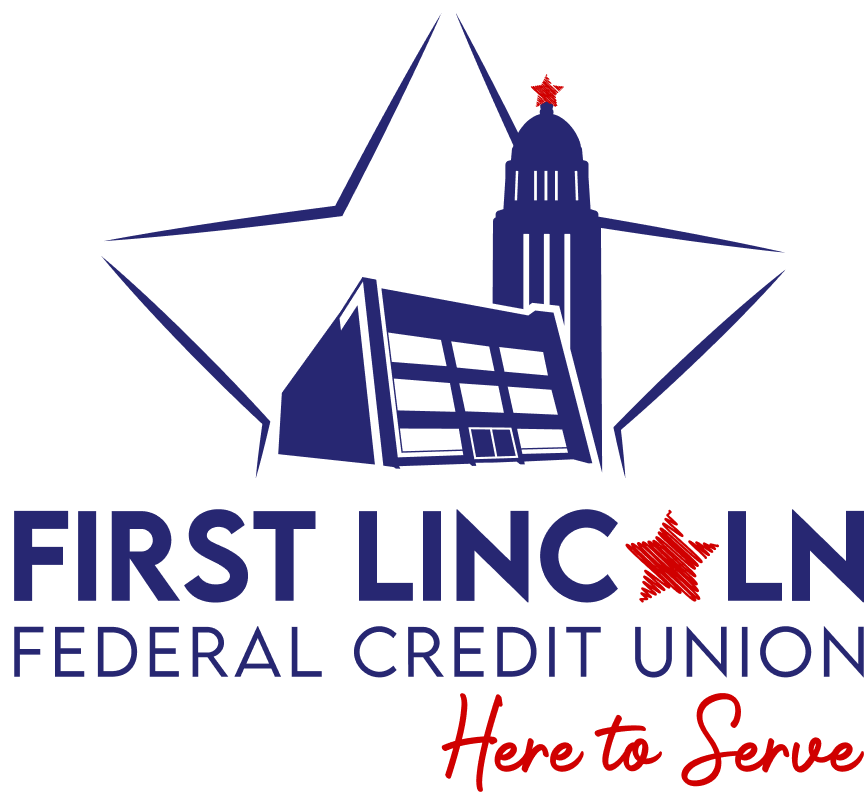Credit Union vs. Bank: Why Community Ownership Makes a DifferenceCredit Union vs. Bank: Why Community Ownership Makes a Difference — First Lincoln FCU
When it comes to choosing where to keep your money, many people ask the same question: Should I go with a traditional bank or a credit union? Both offer checking accounts, savings options, and loans, but the way they operate is very different. The choice you make can impact not just your finances but also your community.
What Sets Credit Unions Apart
Credit unions are member-owned financial cooperatives. Unlike banks, which are owned by shareholders, credit unions are owned by the people who use their services. Profits don’t go to Wall Street investors. Instead, they are returned to members through lower fees, better loan rates, and higher returns on savings.
Why Lincoln Residents Are Making the Switch
In Nebraska, the credit union member-owned model where dollars earned support members and their local communities, rather than generating profits for out-of-state investors.
The appeal is widespread. According to the Nebraska Credit Union League, nearly 520,000 Nebraskans are credit union members. The personal service explains why. As one First Lincoln Federal Credit Union member puts it:
"I am always treated with respect. That is most important. They also go above and beyond to help me with any issues I have. Top rate customer service."
This combination of community focus and member-first service shows why Nebraskans choose institutions that are accountable to them, not distant shareholders.
Banks: Profit-Driven Institutions
Banks are for-profit businesses with the primary goal of generating returns for investors. They provide important financial services and often have more branches nationwide, but their profit model can mean higher fees and less favorable rates for everyday customers.
Community Ownership Creates Local Impact
Being a member of a credit union isn’t just about opening an account—it’s about ownership. Each member has a voice, and decisions are made locally by people who live and work in Lincoln.
That ownership also means local dollars stay local. When you finance a car or take out a home loan with a Nebraska credit union, your money supports your neighbors, local businesses, and community programs.
Benefits of Joining a Credit Union
Credit unions provide many of the same services banks do, but with added member-focused advantages:
Lower Loan Rates – Mortgages, auto loans, and personal loans often come with interest rates below what big banks offer.
Better Savings Returns – Members typically earn higher dividends on savings accounts and CDs.
Lower Fees – From overdraft charges to account maintenance, fees are often minimal or waived entirely.
Personalized Service – Local staff understand Lincoln’s economy and provide advice tailored to the community.
Stronger Community Impact – Membership supports local projects, scholarships, and charitable giving.
Making Your Choice
When deciding between a bank and a credit union, ask yourself:
Do I want lower loan rates and fewer fees?
Do I want my money to benefit my community, not distant shareholders?
Do I value having a say in how my financial institution operates?
If you answered yes, a credit union may be the better fit.
Many Lincoln residents looking for better banking choose to compare options outside of big institutions. While they might initially look at traditional banks, they often find that a local credit union offers superior value. As a member, you gain access to lower loan rates, fairer fees, and the assurance that your money is invested directly in the local community. This local focus is precisely why so many people choose a member-owned institution: the goal isn’t just profit, it’s building a stronger financial future for every neighbor. If you're currently shopping for the best mortgage rates in Lincoln, comparing what a credit union offers is a step you can't afford to skip.
Final Thoughts
Both banks and credit unions provide essential financial services, but only one model is built around community ownership and local impact. In Lincoln, choosing a credit union means choosing lower costs, stronger community ties, and a financial partner that works for you—not against you.
See how much you could save with member-focused banking. Discover the difference at First Lincoln Federal Credit Union.
Become a member today.


